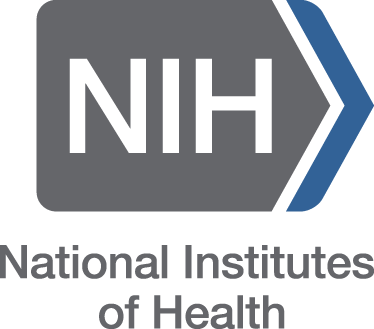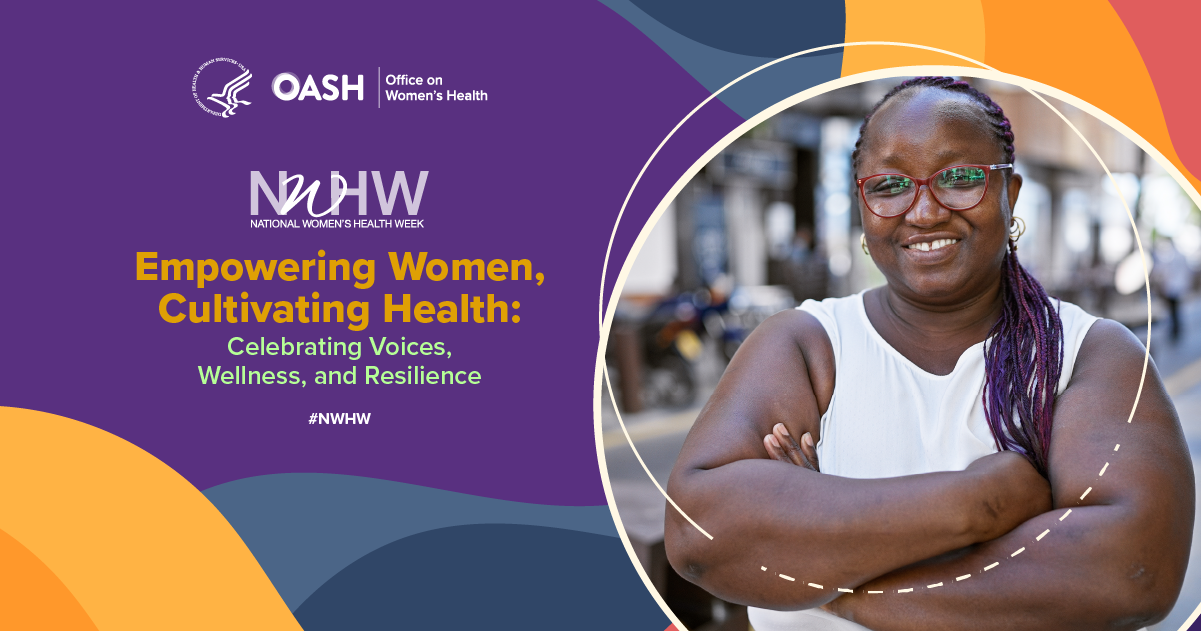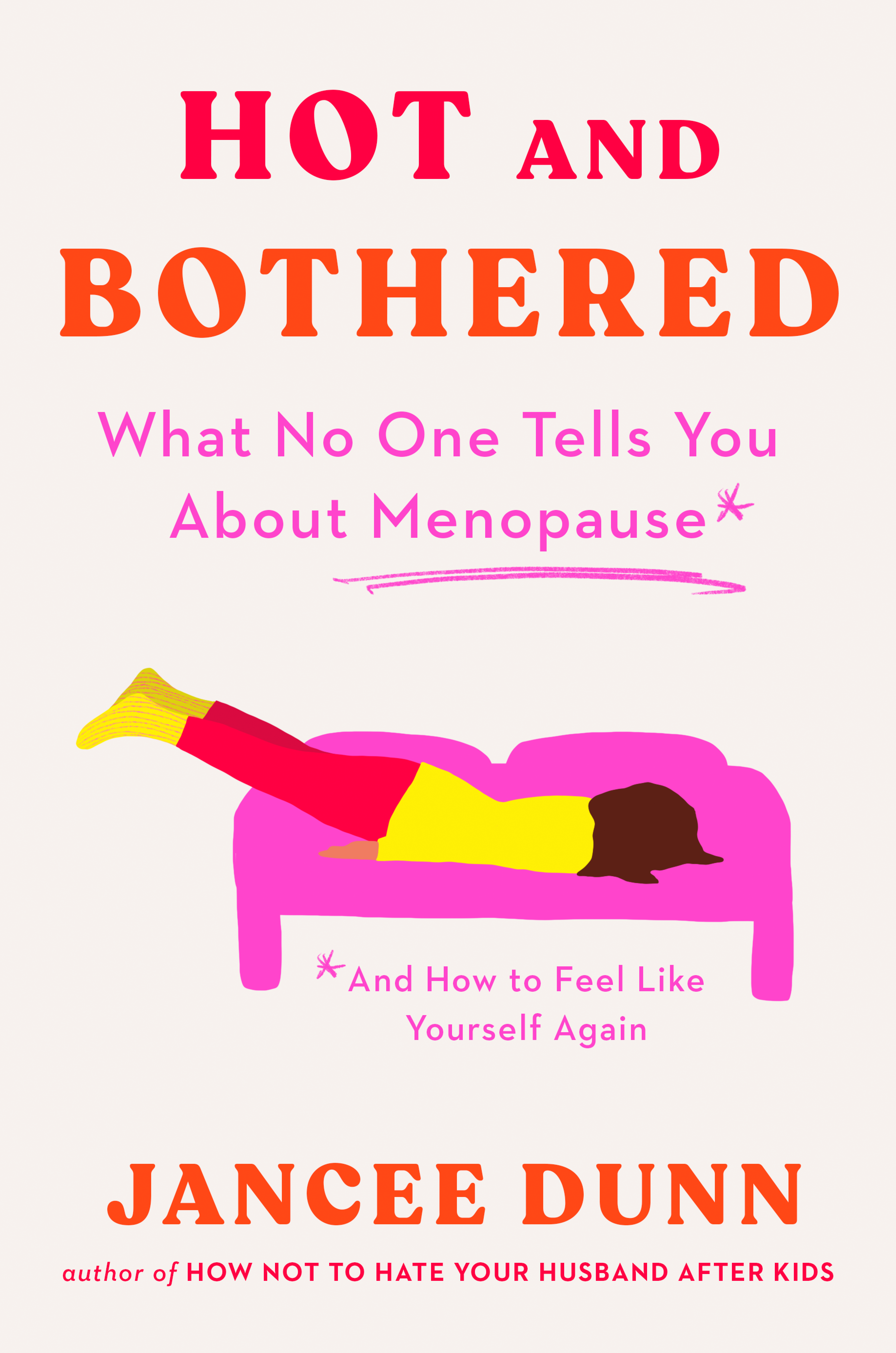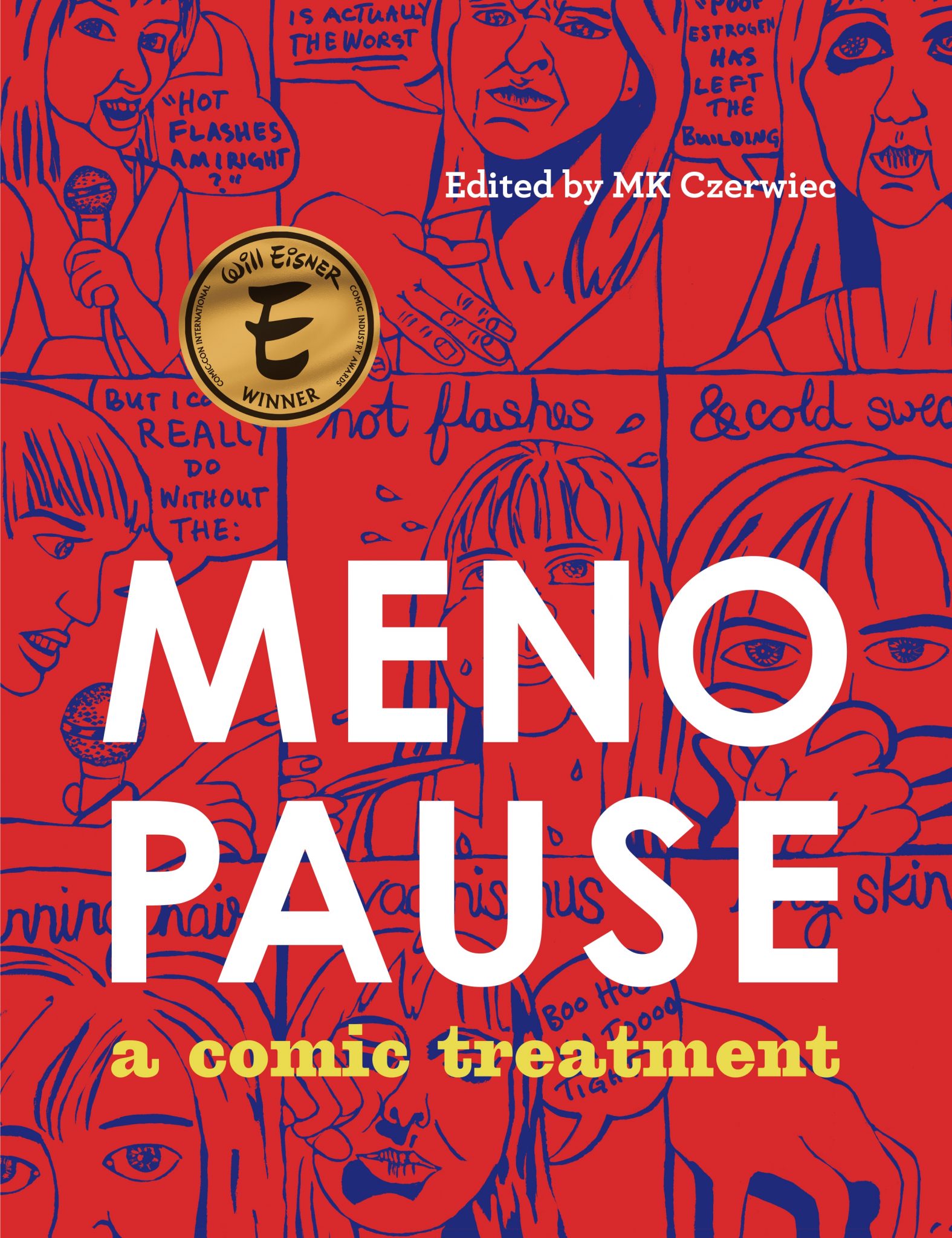Menopause
Breadcrumb
Time for Change
Embarrassment, a lack of public awareness, and miscommunication can mean that for many women menopause is endured in silence, perhaps feeling hopeless, confused, or "crazy" and not seeking the support and resources available to them. Stigma surrounding menopause can not only impact a woman’s wellbeing and quality of life, but potentially it can put her long-term health at risk. It's time to make a change and have the talk because menopause is a normal, natural biological life event.
A person has reached menopause when they have not had a period for 12 consecutive months. On average, it usually occurs around age 51. However, changes and symptoms can start several years earlier, which is called perimenopause. Some common, normal menopause signs include irregular periods, hot flashes, vaginal dryness, sleep disturbances, and mood swings—all results of unevenly changing levels of ovarian hormones (estrogen) in the body.
Discover MedlinePlus 
MedlinePlus is a service of the NIH National Library of Medicine, the largest biomedical library in the world. Use MedlinePlus.gov anywhere, anytime, on any device - for free - to discover high-quality health and wellness information that is reliable, easy to understand, and free of advertising, in both English and Spanish.
- Learn about Menopause from quality and trusted resources
- Read Menopause: What You Need to Know from MedlinePlus Magazine
- Test Your Menopause Knowledge (Medical Encyclopedia)
Discover NIH
 The National Institutes of Health (NIH), a part of the U.S. Department of Health and Human Services, is the nation’s medical research agency — making important discoveries that improve health and save lives. NIH is made up of 27 Institutes and Centers, each with a specific research agenda, often focusing on particular diseases or body systems.
The National Institutes of Health (NIH), a part of the U.S. Department of Health and Human Services, is the nation’s medical research agency — making important discoveries that improve health and save lives. NIH is made up of 27 Institutes and Centers, each with a specific research agenda, often focusing on particular diseases or body systems.
The primary NIH organization for research on Menopause is the National Institute on Aging (NIA). Easy-to-Read Information from the National Institute on Aging (NIA):
- Preparing for Menopause: A Woman's Midlife Change | NIH News In Health | July 2018
- Staying Healthy During and After Menopause
Also, explore findings from the Study of Women’s Health Across the Nation (SWAN) — a multi-site, long-term study funded by NIH — in this series of fact sheets covering bone health, memory and cognition, hot flashes, and more. Information is available in Spanish, Chinese, and Japanese.
In March 2024, the United States President announced new actions to advance Women's Health Research and Innovation including the launch of an NIH-Cross Cutting Effort to Transform Women's Health Throughout the Lifespan:
NIH is launching an NIH-wide effort to close gaps in women’s health research across the lifespan. This effort—which will initially be supported by $200 million from NIH beginning in FY 2025—will allow NIH to catalyze interdisciplinary research, particularly on issues that cut across the traditional mandates of the institutes and centers at NIH. It will also allow NIH to launch ambitious, multi-faceted research projects such as research on the impact of perimenopause and menopause on heart health, brain health and bone health. In addition, the President’s FY25 Budget Request would double current funding for the NIH Office of Research on Women’s Health to support new and existing initiatives that emphasize women’s health research.
Discover More
Department of Health and Human Services Office on Women's Health (OWH) promotes public health research, evidence-based programs, policies, and strategies to improve the health and well-being of women and girls. Discover resources such as the fact sheet Top Questions About Menopause.

In support of OWH's National Women's Health Week, May 12-28, 2024, download and share infographics and resources to help raise awareness and educate.
Some women choose to treat their menopause symptoms with hormone medicines. Menopause, Medicines to Help You, is a U.S. Food & Drug Administration booklet listing some basic information about FDA-approved hormone therapies. "Use this booklet to help you talk to your healthcare provider about whether hormone medicines are right for you."
Getting a good night's sleep often is a restless prospect during this period of life. Hot flashes, especially night sweats, and changes in mood can contribute to poor sleep. Not getting enough sleep can affect all areas of life. Lack of sleep can make you feel irritable or depressed, contribute to cardiovascular disease, and might cause you to be more forgetful than normal, and could lead to falls or accidents. Read Sleep Problems and Menopause: What Can I Do?
Ted Radio Hour
Featured Books
-
Title: Hot and BotheredPublisher Penguin Random HouseYear published 2023Book image

-
Title: MaryPublisher NightfireYear published 2022Book image

-
Title: MenopausePublisher graphic mundiYear published 2020Book image

Terms of use: Network of the National Library of Medicine (NNLM) staff offer these health discussion resources for educational use. The materials included do not necessarily reflect the views or opinions of the author, publisher, or the sponsoring agencies of the National Library of Medicine (NLM) and the National Institutes of Health (NIH).